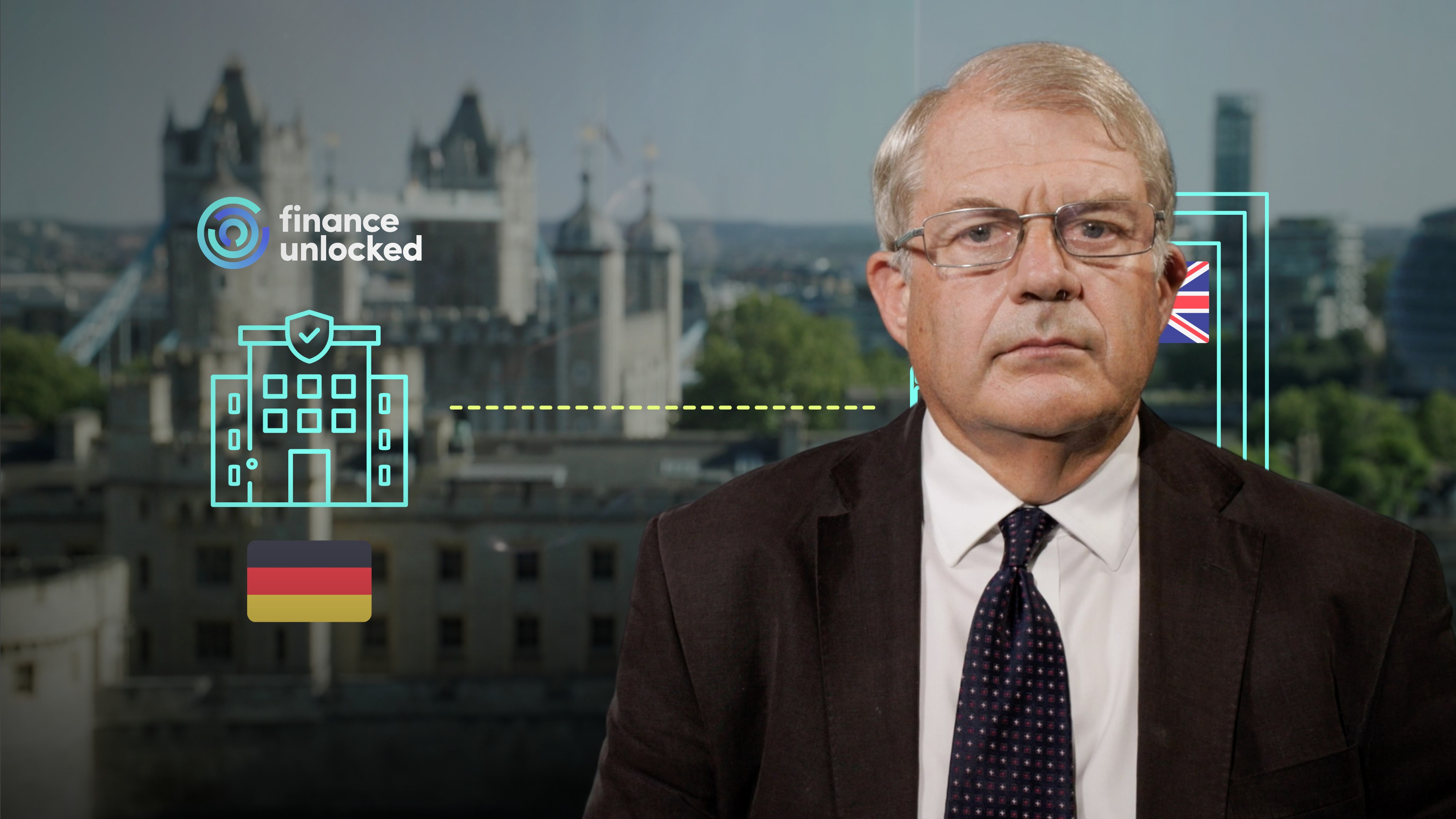
Industry Response to Brexit

Sir Mark Boleat
40 years: Executive leadership & banking
In the second instalment of Sir Mark's series on the impact of Brexit, he discusses how financial services businesses that operate outside the UK are preparing for Brexit, primarily regarding major location decisions.
In the second instalment of Sir Mark's series on the impact of Brexit, he discusses how financial services businesses that operate outside the UK are preparing for Brexit, primarily regarding major location decisions.
Subscribe to watch
Access this and all of the content on our platform by signing up for a 7-day free trial.

Industry Response to Brexit
5 mins 54 secs
Key learning objectives:
What has been the response to Brexit from businesses currently operating in Britain?
What solution, for businesses relocating, do regulators not accept?
List examples of major British-based businesses that have decided to relocate
Overview:
Brexit has revealed some of the costs for businesses operating from Britain and, as a result, many have decided to relocate, keeping in mind the parameters of regulators.
Subscribe to watch
Access this and all of the content on our platform by signing up for a 7-day free trial.
What was the financial services industry’s response to Brexit?
While the policy debate has raged on, businesses have simply been getting on with it, preparing for a worst-case scenario as it is prudent to do. The contingency plans were drafted long ago; they are now in the implementation stage.What are two side-effects of Brexit planning on behalf of businesses?
Each financial services business that operates in other countries in the EEA – and even some that do not – have had to plan for Brexit, and in many cases this involves major location decisions. Two side-effects of Brexit planning have become apparent:
- Businesses now see the costs of concentrating activity in one location - “foreign-owned firms have concluded that keeping all their eggs in a British basket being shaken vigorously by changeable political winds is risky” (Sir Howard Davies, Chairman of RBS)
- Some of the work on location should have been dispensed with. Even with a favourable Brexit outcome, some companies would have seen merit in moving some business from the UK for economic reasons. Britain, and London particularly, is a high-cost place to do business
What solution, for businesses relocating, do regulators not accept?
Regulators in the EU 27 will not accept firms establishing “letter box companies”, with all business continuing to be done from the UK. This type of arrangement is not acceptable to any regulator, including the Prudential Regulation Authority in the UK. Regulators require capital, liquidity and management to be in the jurisdiction in which the business is authorised.
However, regulators recognise the exceptional circumstances that Brexit presents and are taking a pragmatic approach, accepting a limited transfer of functions and positions initially but with the stipulation that over a period of three to five years all the required functions will be transferred.
What is the extent of firm relocation as a result of Brexit?
It is impossible to give a precise estimate of the extent of relocation activity so far as a result of Brexit. Most businesses are not issuing press releases saying what they are doing; they are just doing it.What are some examples of major financial institutions that have decided to relocate business post-Brexit?
Major location decisions by British-based businesses include:
- Lloyds of London moving to Brussels
- Barclays Bank moving to Dublin
- RBS moving to Amsterdam
- Lloyds Banking Group moving to Berlin
- Goldman Sachs moving to Milan, Paris and Frankfurt
- HSBC moving to Paris
- JP Morgan moving to Dublin and Frankfurt
These moves are bad for London, but they are also bad for the EU as they will make financial markets less efficient. However, they are not sufficiently bad to have a significant influence on the EU position, particularly as several EU states see the benefit to them of having a larger financial services industry.
Subscribe to watch
Access this and all of the content on our platform by signing up for a 7-day free trial.

Sir Mark Boleat
There are no available Videos from "Sir Mark Boleat"



























